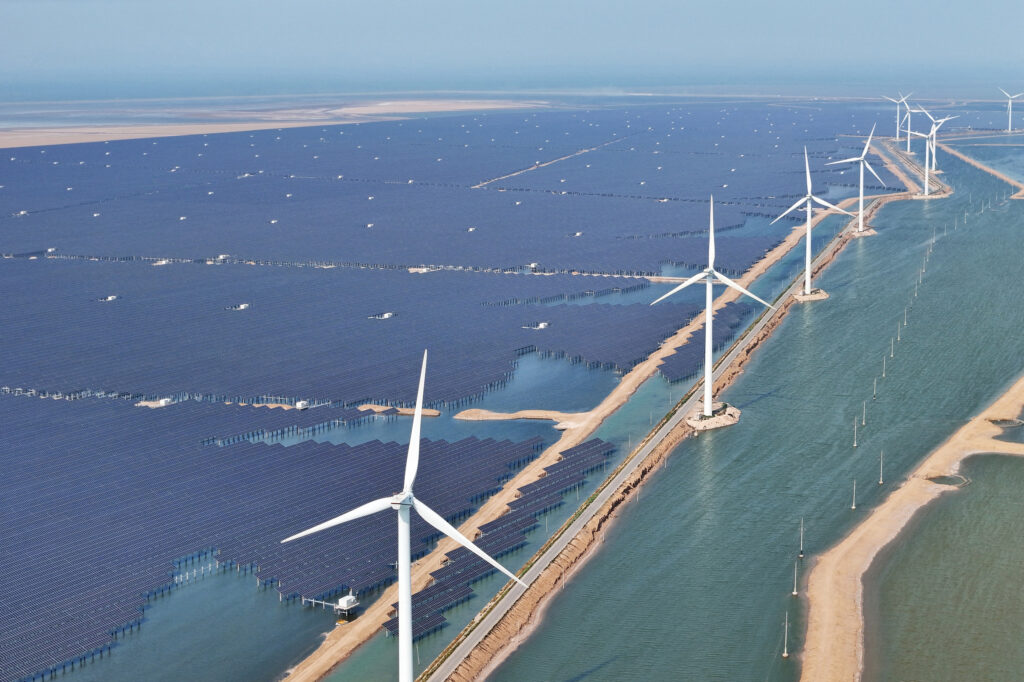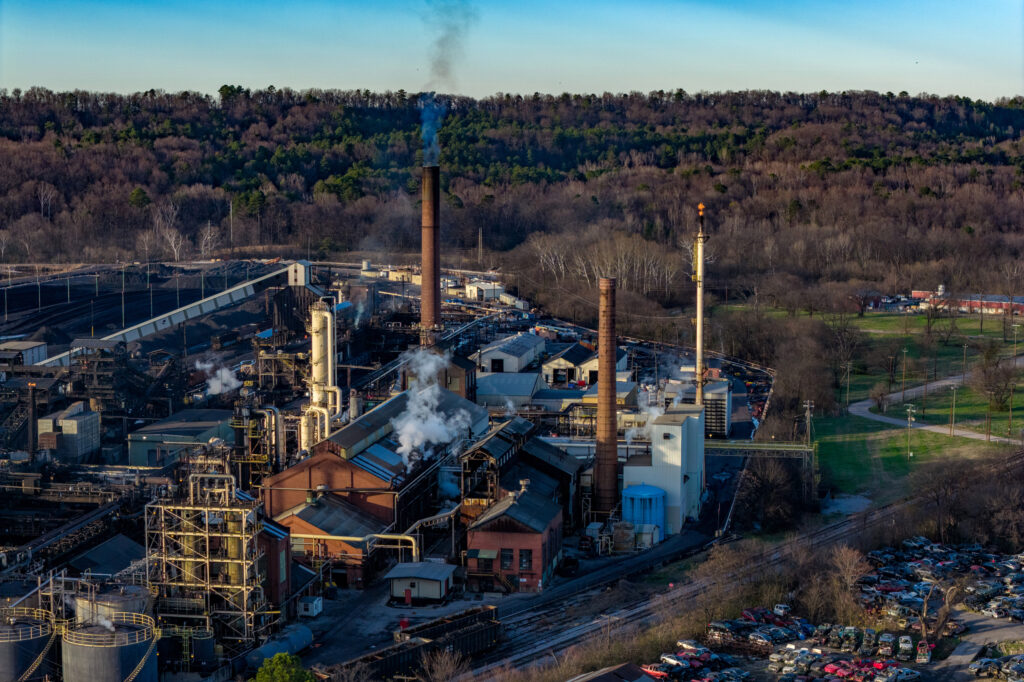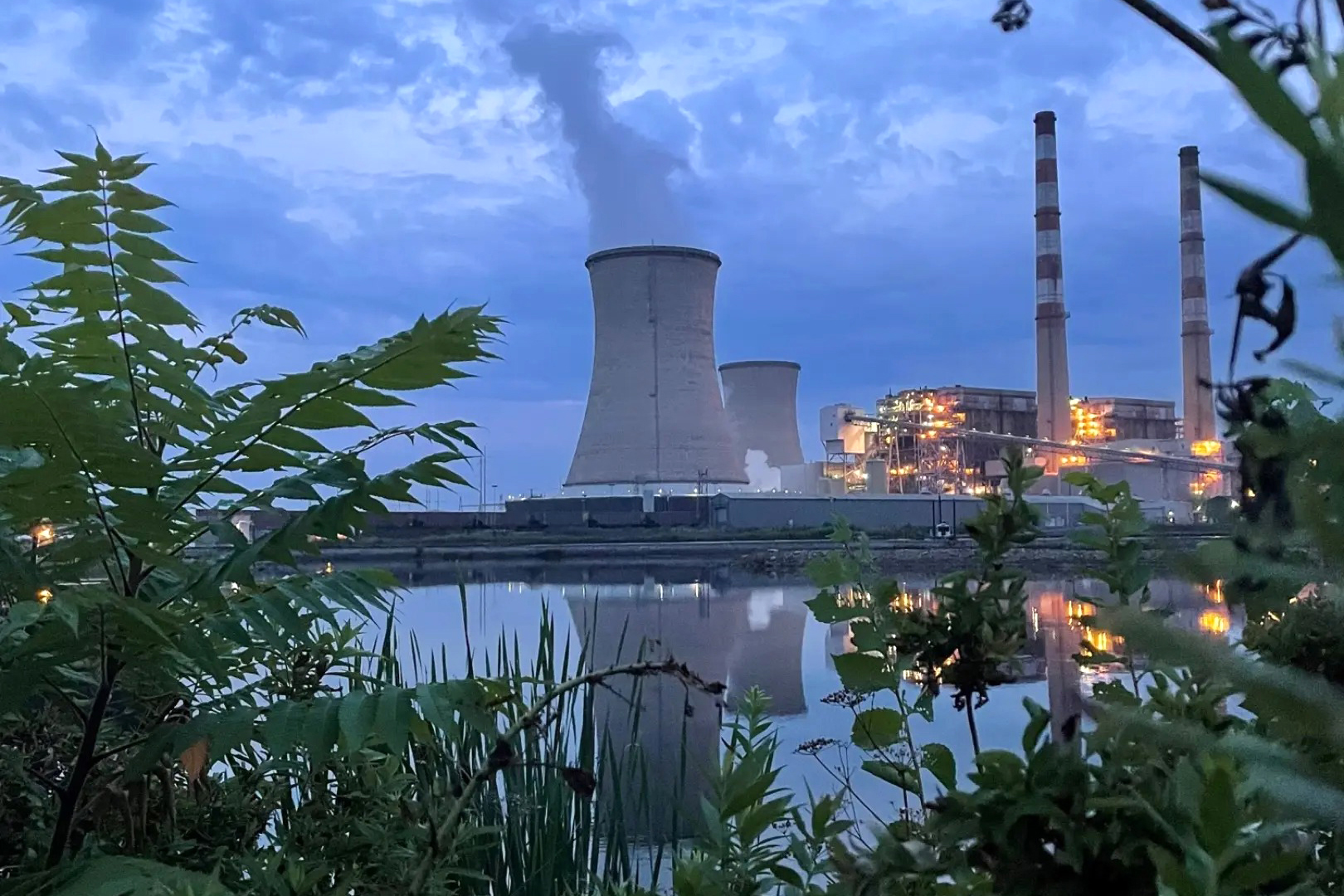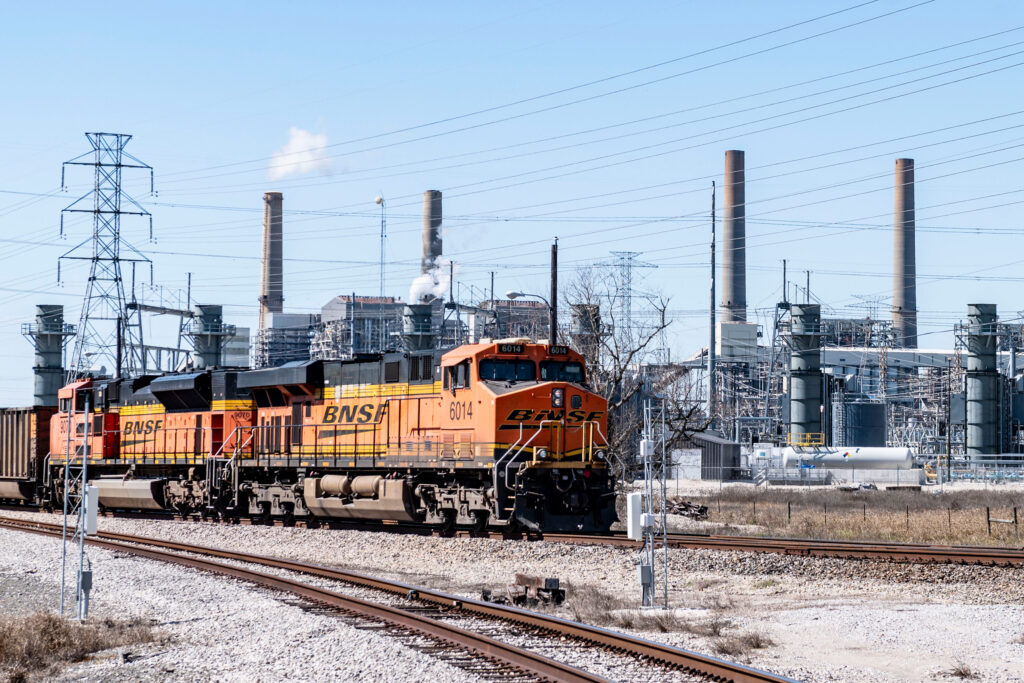Environmental advocates are turning to the courts to get access to fuel cost negotiations between the Alabama Public Service Commission and the state’s largest electricity provider, Alabama Power.
Energy Alabama, a nonprofit clean energy advocacy organization, has filed an appeal with the Montgomery County Circuit Court after the Public Service Commission twice rejected its motions to intervene in the docket that determines how much Alabama Power customers pay for fuel.
The legal argument centers around the definition of the word “proceeding.”
Alabama law allows anyone impacted by the decisions of the commission to intervene in “any proceeding” of the state’s elected utility regulator.
But the elected board has twice rejected attempts by Energy Alabama to intervene in the fuel cost docket, arguing that adjusting the rate customers pay for fuel did not “establish a proceeding as that term is used in [the Alabama code].”
Daniel Tait, executive director of Energy Alabama, said the process prevents the public from having any involvement or influence in how the commission sets fuel rates that show up on customers’ bills.
“The commission repeatedly adjusts Alabama Power’s fuel prices without allowing any public involvement,” Tait said in a news release. “In other states, advocates can meaningfully participate in fuel cost proceedings and have successfully advocated for reduced rates. We can’t fight for lower rates in Alabama if we don’t have a seat at the table.”
By the commission’s definition, there hasn’t been an official proceeding on fuel cost rates since 2008. The Southern Environmental Law Center, which represents Energy Alabama, said the fuel rate has been adjusted 18 times since then, with no mechanism for public participation.
“Alabamians pay some of the highest energy bills in the nation, and those bills include the cost for fuel,” Christina Tidwell, a senior attorney in SELC’s Alabama office, said in a news release. “Instead of allowing Alabama Power customers and interested parties to participate in the decision-making process, the commission is shutting them out.”
In Alabama, rather than holding formal hearings to determine how much electricity customers pay for fuel costs, the utility submits monthly reports to the commission reporting its use of coal, natural gas and nuclear material. The commission then adjusts the fuel rate up or down depending on how much the utility has spent and collected for fuel.
Alabama Power does not earn a profit from money spent on fuel, as it does from other portions of the bill.
Consumer advocates often criticize the commission for a lack of transparency and accountability in keeping the utility in check. Alabama has the highest residential electric rates in the Southeast, according to the U.S. Energy Information Administration.
The appeal was filed Tuesday night.
A commission spokesman told Inside Climate News earlier this week that the commission “does not comment on matters that are, or could be, subject to litigation.”
Tidwell said the commission should comply with the provisions in Alabama law guaranteeing the right to public participation.
“These rules have been on the books for decades,” Tidwell said. “The commission needs to start abiding by them.”
About This Story
Perhaps you noticed: This story, like all the news we publish, is free to read. That’s because Inside Climate News is a 501c3 nonprofit organization. We do not charge a subscription fee, lock our news behind a paywall, or clutter our website with ads. We make our news on climate and the environment freely available to you and anyone who wants it.
That’s not all. We also share our news for free with scores of other media organizations around the country. Many of them can’t afford to do environmental journalism of their own. We’ve built bureaus from coast to coast to report local stories, collaborate with local newsrooms and co-publish articles so that this vital work is shared as widely as possible.
Two of us launched ICN in 2007. Six years later we earned a Pulitzer Prize for National Reporting, and now we run the oldest and largest dedicated climate newsroom in the nation. We tell the story in all its complexity. We hold polluters accountable. We expose environmental injustice. We debunk misinformation. We scrutinize solutions and inspire action.
Donations from readers like you fund every aspect of what we do. If you don’t already, will you support our ongoing work, our reporting on the biggest crisis facing our planet, and help us reach even more readers in more places?
Please take a moment to make a tax-deductible donation. Every one of them makes a difference.
Thank you,

















